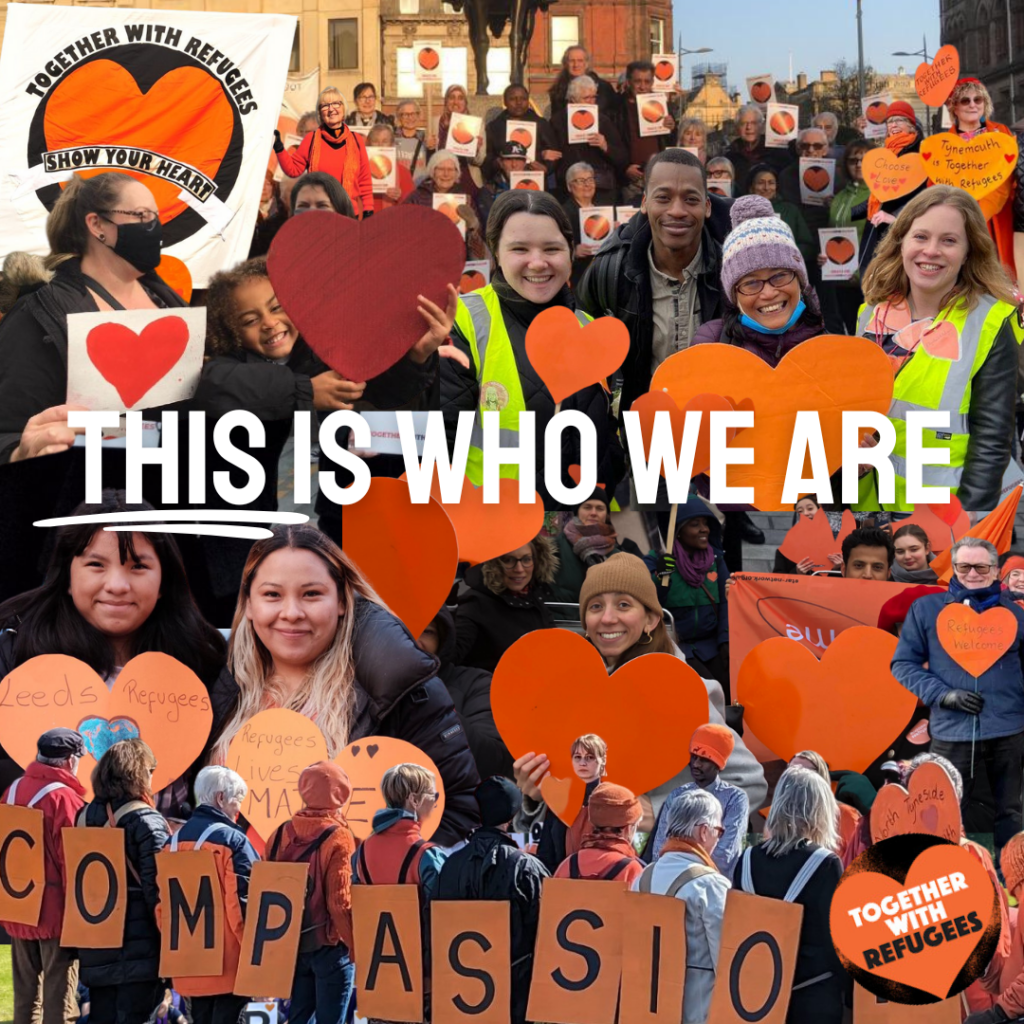The UK government’s decision to move to a digital-only immigration system is set to take full effect by 31 December 2024. This policy will replace all physical biometric residence permits (BRPs) and biometric residence cards (BRCs) with eVisas. While intended to modernise immigration processes, the transition poses significant risks, particularly for refugees, asylum seekers, and others who rely on accessible documentation to assert their rights.
This article explains the impact of this policy, highlights the challenges it creates, and outlines the actions you need to take to protect yourself.
What is changing?
From 31 December 2024, physical BRPs and BRCs will expire. To prove your immigration status, you must create an eVisa account, which serves as your digital record. This change affects everyone with an immigration status in the UK.
If you haven’t created an eVisa account by the deadline, your leave to remain and entitlements will still be valid, but proving your status could become significantly harder. Service providers like the NHS, landlords, and employers might refuse to recognise your rights if you cannot present proof through the new digital system.
Why this matters
The move to eVisas may seem straightforward, but for many, it creates unnecessary barriers. Refugees, asylum seekers, and others who are digitally excluded or unaware of the changes are at serious risk of being denied their lawful entitlements.
Here’s what you need to know:
- Digital-only proof is a challenge: Not everyone has access to reliable internet, smartphones, or the skills to navigate complex online systems. This puts many at risk of losing access to essential services.
- Errors can have devastating consequences: The eVisa system has already been prone to technical errors, leaving thousands unable to prove their status. Any mistakes in your record could lead to wrongful denial of benefits, housing, or healthcare.
- Lack of awareness and training: Many government departments, landlords, and employers remain uninformed about the transition, leading to confusion and potential discrimination.
What you need to do now
To avoid being negatively impacted by these changes, it’s essential to take action as soon as possible:
- Create your eVisa account: Visit the UKVI website and follow the steps to set up your eVisa account. If you need help, ask a trusted advisor or support organisation.
- Check your status: Once your account is set up, verify that your details are correct. Any errors should be reported immediately to UKVI for correction.
- Gather additional proof: If you don’t have digital access, keep copies of your grant of status letter or other documentation to provide backup evidence when needed.
- Inform your service providers: Make sure your landlord, employer, or other relevant organisations are aware of your immigration status and how to verify it.
How to get help
If you are struggling with the transition to eVisas, please get in touch with Voices in Exile and we will do our best to help you, or point you in the direction of further assistance.


